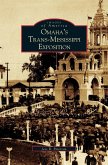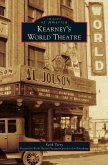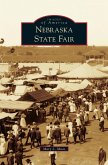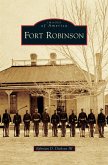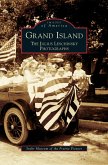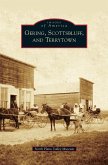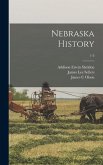Lincoln, Nebraska's capital, grew from 45,000 to 55,000 residents in the years 1910-1925. The state's second-largest city, Lincoln was also home to Nebraska's second-largest African American community--a "small town" within the midwestern city. Local race relations were a study in contradictions. Public education and residential neighborhoods were relatively integrated; employment and social institutions were increasingly restricted. Within this setting, a laborer named John Johnson--a native of Lincoln and son of a black Civil War veteran--produced remarkable images as an itinerant photographer of the Lincoln scene, especially of its black community. Johnson left very little written record, so knowledge is fragmentary of his working techniques and of his collaborators or assistants. But his visual legacy takes people through the streets, onto the front porches, and into the backyards and living rooms of a vibrant community.
Hinweis: Dieser Artikel kann nur an eine deutsche Lieferadresse ausgeliefert werden.
Hinweis: Dieser Artikel kann nur an eine deutsche Lieferadresse ausgeliefert werden.


